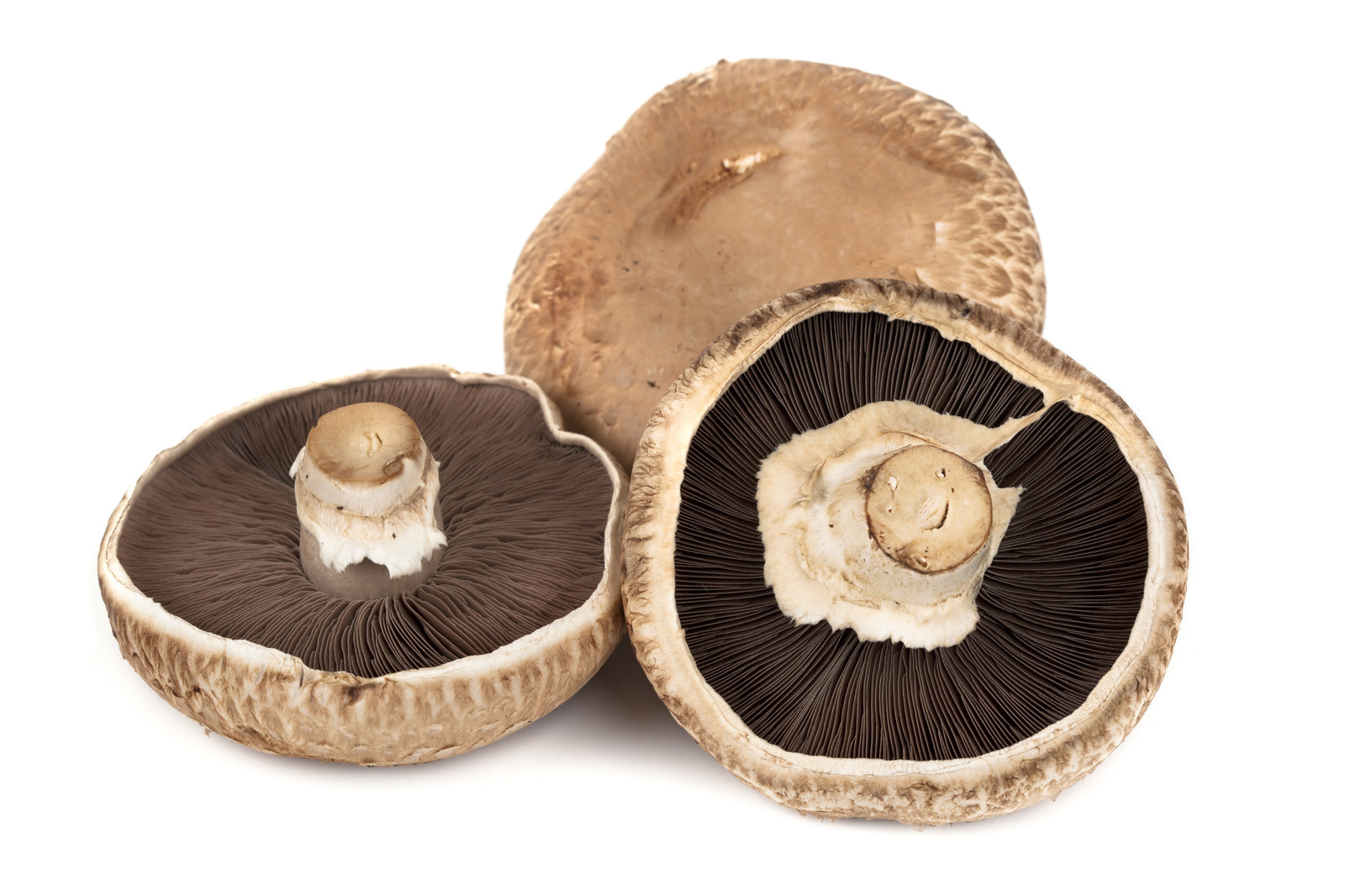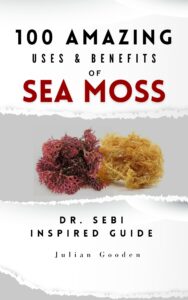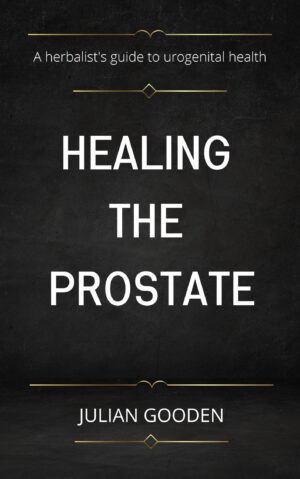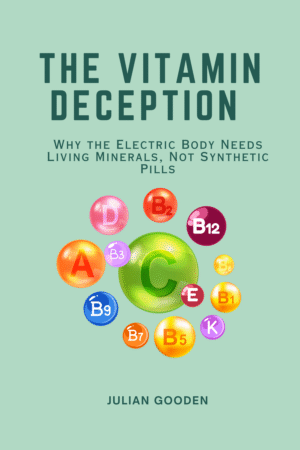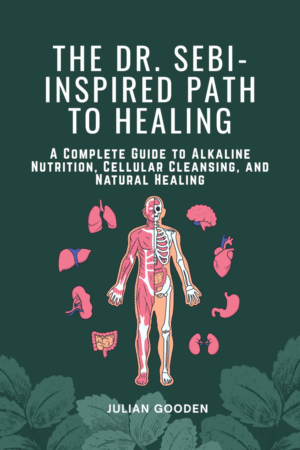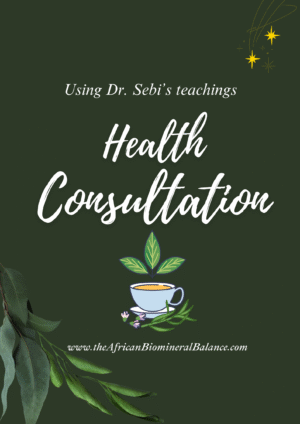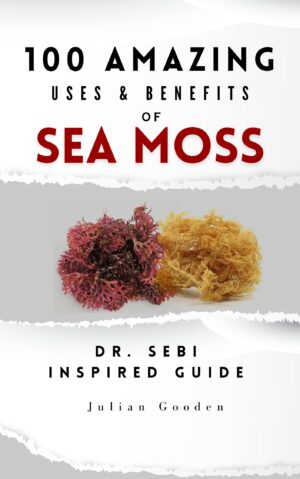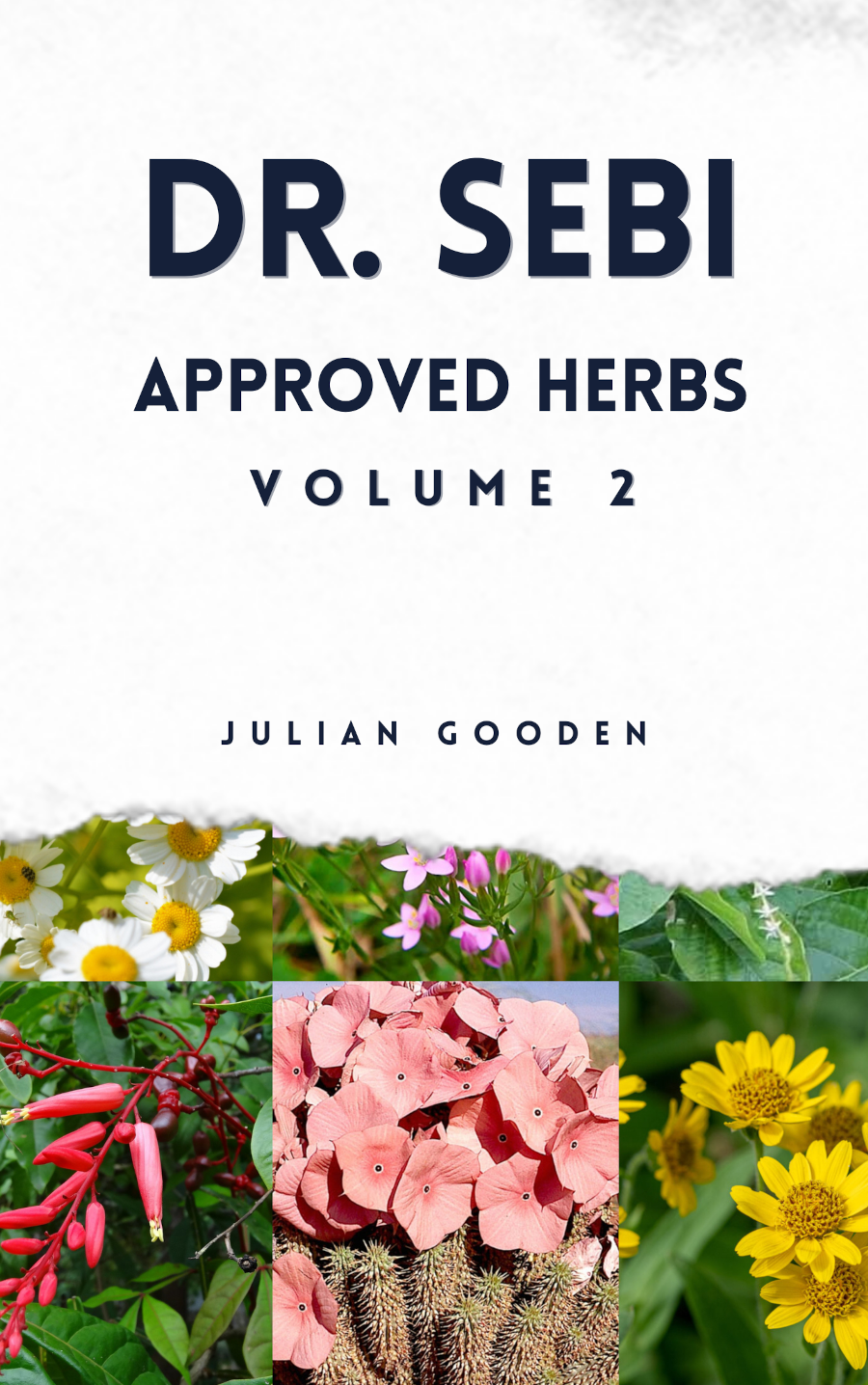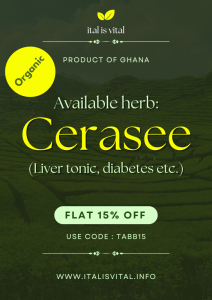Mushrooms are considered powerful medicine by many cultures and within the field of alternative and traditional medicine due to their potential health benefits and therapeutic properties. Several factors contribute to the perception of mushrooms as powerful medicine:
- Bioactive Compounds: Mushrooms contain a wide range of bioactive compounds, including polysaccharides, terpenoids, and polyphenols. Some of these compounds have demonstrated various health-promoting properties, such as antioxidant, anti-inflammatory, and immunomodulatory effects.
- Immune Support: Certain mushroom species, such as reishi (Ganoderma lucidum) are known for their immunomodulatory properties. They can stimulate the immune system, potentially helping the body fight off infections and diseases.
- Adaptogenic Properties: Some mushrooms, like reishi and cordyceps (Cordyceps sinensis), are considered adaptogens. Adaptogens are substances that may help the body adapt to stress and maintain balance. They are believed to support overall well-being and resilience.
- Anticancer Potential: Research has shown that certain mushroom compounds, such as beta-glucans and polysaccharides, have anti-cancer properties. They can inhibit the growth of cancer cells and enhance the body’s immune response against cancer.
- Antioxidant Activity: Many mushrooms are rich in antioxidants, which can help combat oxidative stress and reduce the risk of chronic diseases, including heart disease and certain cancers.
- Anti-Inflammatory Effects: Compounds found in mushrooms, such as ergosterol and ergosterol peroxide, have demonstrated anti-inflammatory properties. This makes mushrooms potentially beneficial for conditions associated with inflammation, like arthritis and inflammatory bowel disease.
- Nutrient Content: Mushrooms are a good source of essential nutrients like minerals (e.g., potassium, selenium). These nutrients play important roles in overall health.
- Traditional Medicine: Mushrooms have been used for centuries in traditional medicine systems, such as African, Traditional Chinese Medicine (TCM) and Ayurveda. These systems have recognized the therapeutic potential of specific mushroom species for various health conditions.
- Research and Clinical Trials: There is a growing body of scientific research and clinical trials investigating the medicinal properties of mushrooms. This research helps validate the traditional use of mushrooms and explores new therapeutic applications.
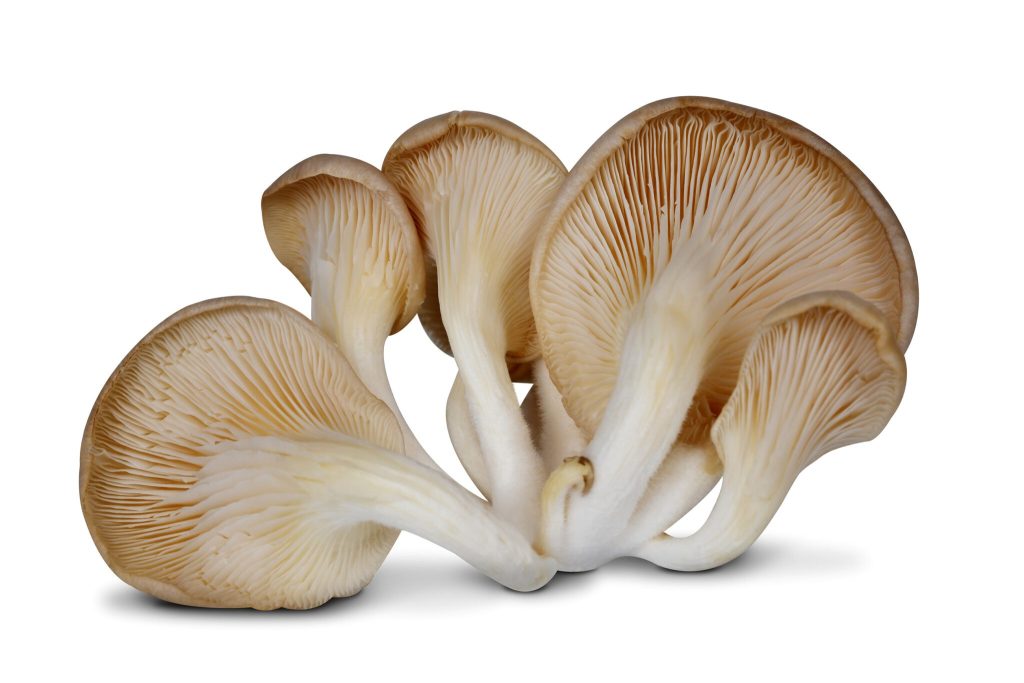
It’s important to note that while mushrooms offer health benefits, they should not be used as a sole or primary treatment for serious medical conditions. Additionally, some wild mushrooms can be toxic, so it’s crucial to be knowledgeable about the mushrooms you consume or seek out reputable sources for mushroom-based supplements or products.


